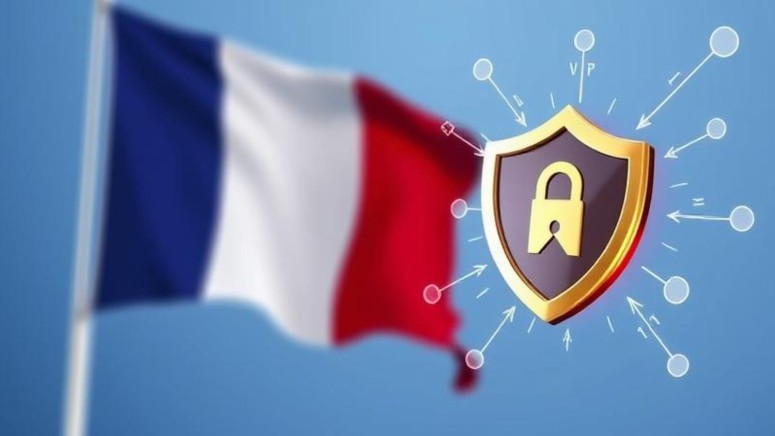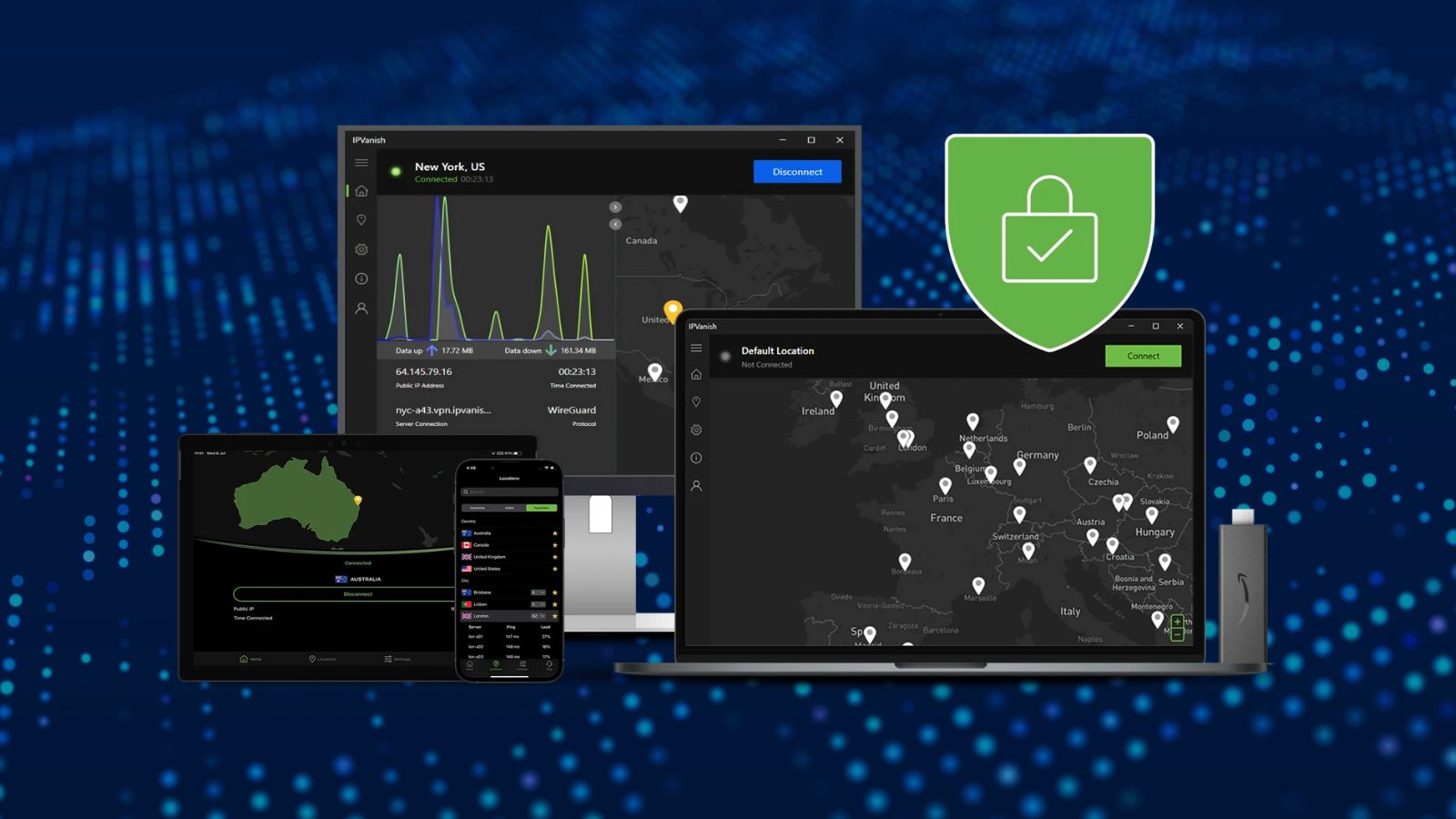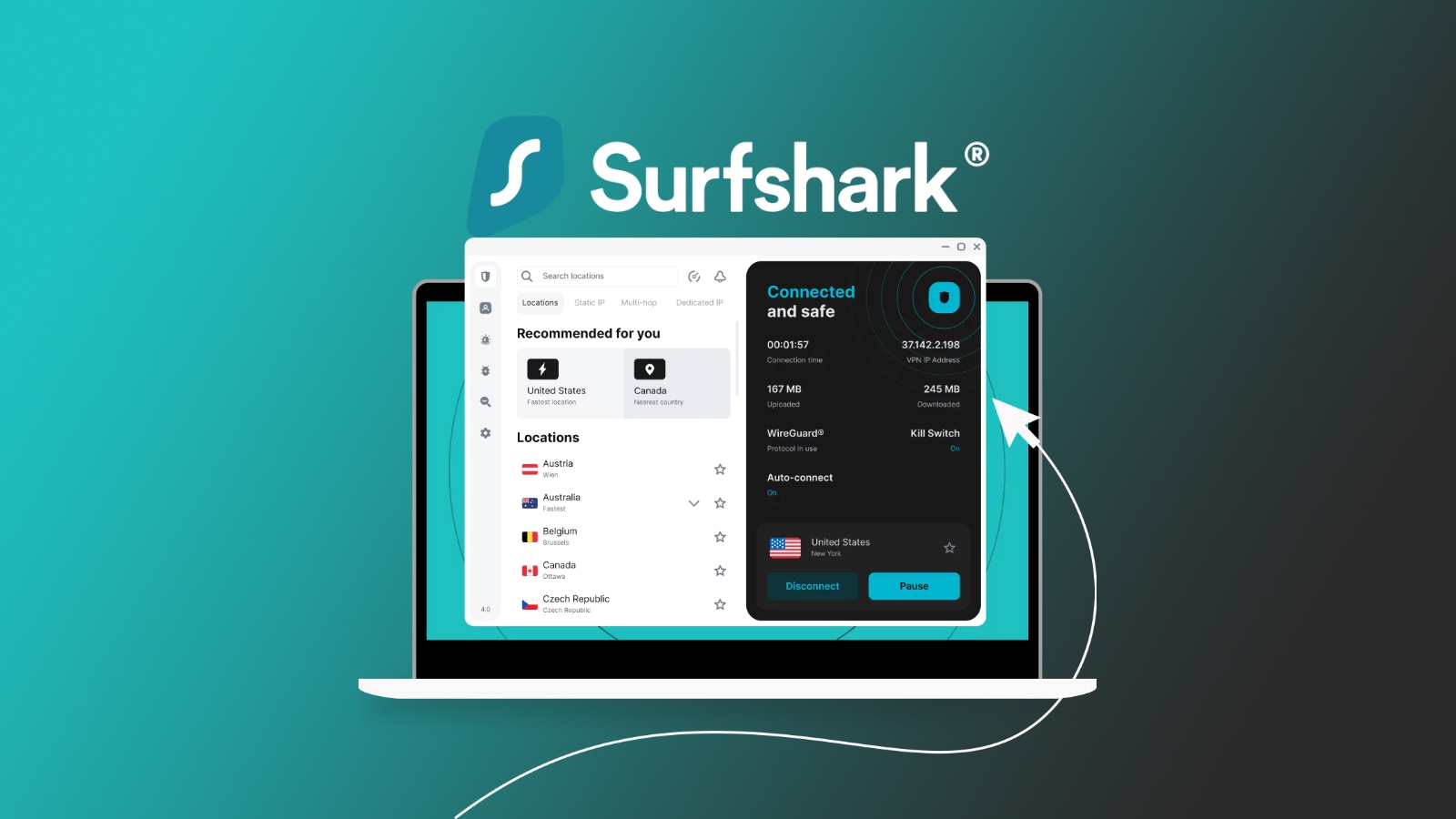
VPN Providers Contemplate Leaving France Amid Disputed Site Blocking Regulations
- Rights holders target VPNs for blocking measures in an anti-piracy move in France.
- The VPN Trust Initiative, representing ExpressVPN, NordVPN, and more, strongly opposed the proposed measures.
- As this would mean abiding by site-blocking rules, VPN providers are considering removing servers in the country.
VPN providers are considering exiting France following legal action by rights holders demanding they support pirate site-blocking programs. The anti-piracy regulations are met with resistance from the VPN industry over concerns about security, privacy, and overblocking.
While courts worldwide have implemented blocking measures via Internet Service Providers (ISPs) and DNS resolvers to address piracy, France is now pushing boundaries by including VPNs in these orders.
Sports rights holders Canal+ and LFP recently filed injunctions requesting popular VPN providers such as CyberGhost, ExpressVPN, NordVPN, and ProtonVPN block access to known pirate websites.
The intention is to prevent users from bypassing existing restrictions. However, VPN providers argue that these requests conflict with their fundamental role of ensuring privacy and security for legitimate users, not facilitating piracy.
The VPN Trust Initiative (VTI), representing leading providers such as ExpressVPN and NordVPN, has strongly opposed the proposed measures. Christian Dawson, Executive Director of the i2Coalition, which oversees the initiative, warns that complying with such demands may contradict the core purpose of VPNs and could set a dangerous precedent.
Dawson highlighted that VPN providers have previously exited markets, including India and Pakistan, when regulatory restrictions undermined user privacy or encryption standards.
With France at a potential tipping point, some providers are contemplating whether to withdraw from the market to avoid compromising their principles or dealing with the technical challenges of implementing blocking mechanisms.
Further, questions over the efficacy of blanket blocking measures in reducing piracy remain. Examples from countries with similar measures, such as China and Russia, emphasize the potential for overreach and normalization of censorship.
VTI has urged policymakers to shift their focus to targeted enforcement strategies that tackle piracy at its source rather than disrupting internet security tools.
The proposed blocking injunction has not yet been approved. A court hearing scheduled for next month will allow all parties to present their arguments. Should the injunction pass, ProtonVPN and other providers are prepared to escalate the case to Europe’s highest court.











